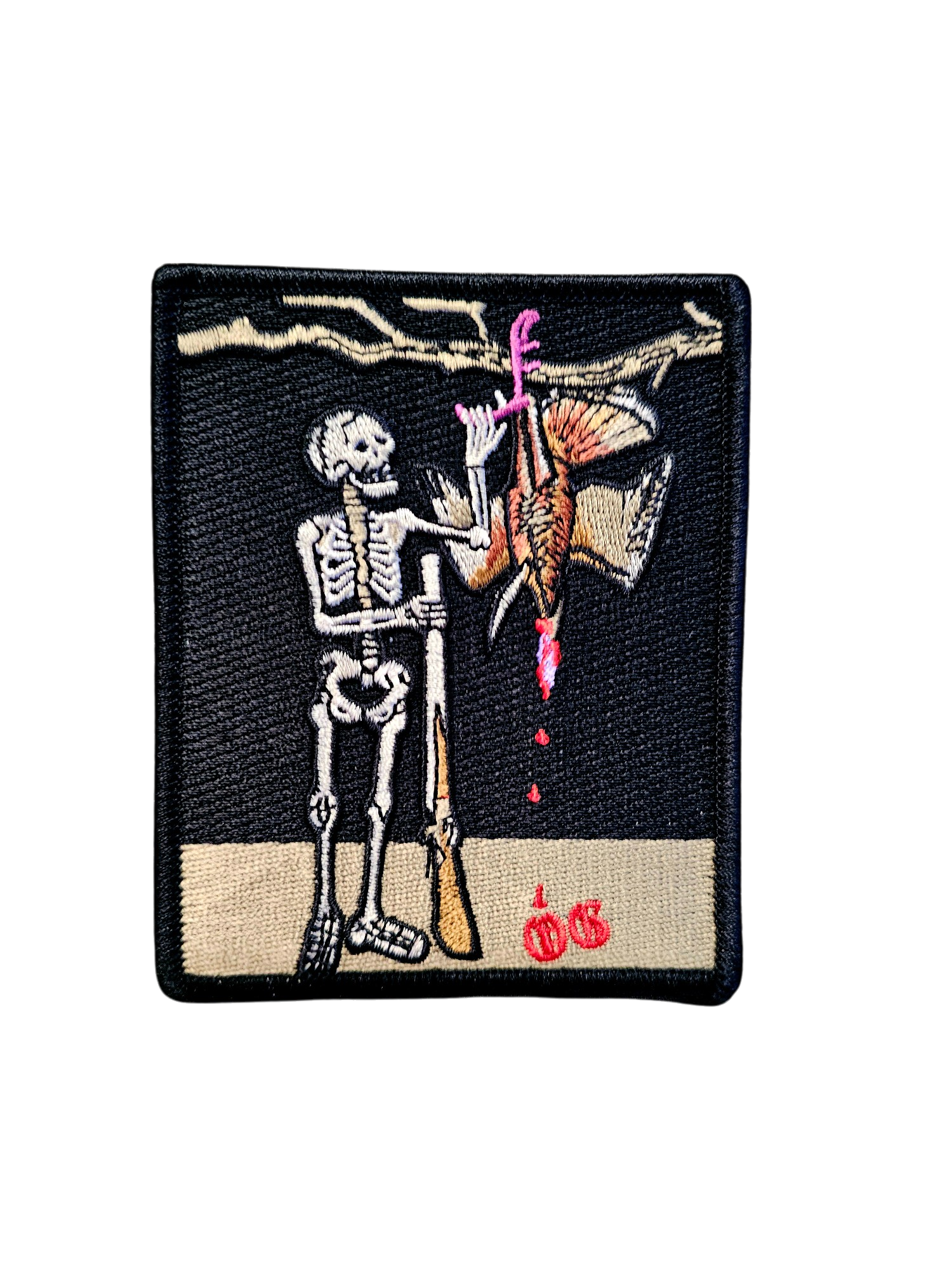        |
Calling Interaction?Started by StruttinGobbler3, March 27, 2020, 04:07:28 PM Previous topic - Next topic
User actions
|
        |
Calling Interaction?Started by StruttinGobbler3, March 27, 2020, 04:07:28 PM Previous topic - Next topic
User actions
|